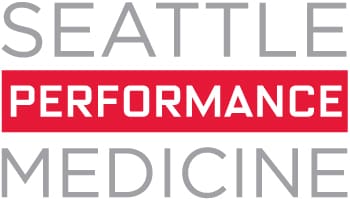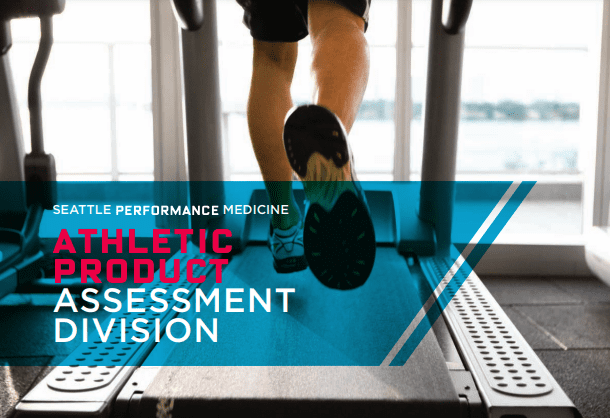Seattle Performance Medicine specializes in helping individuals reach their personal health and fitness goals.
Seattle Performance Medicine


Optimize the System, Maximize Performance

Seattle Performance Medicine specializes in helping individuals reach their personal health and fitness goals.


